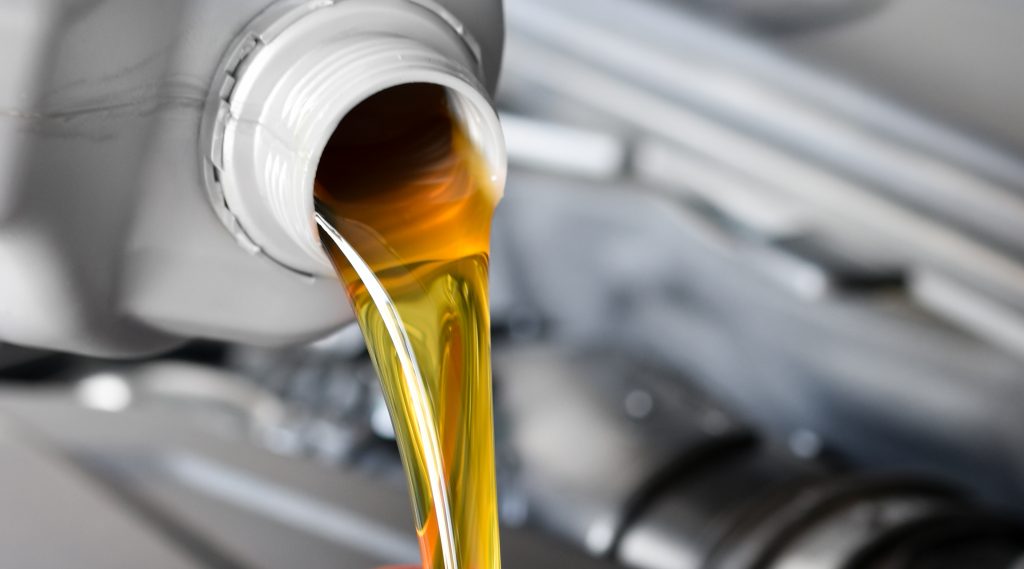Just as water is essential for healthy living in humans, lubrication (car oil) is very important for the proper functioning of a car’s engine. Your desire as a vehicle owner is to get the best out of your vehicle; hence, you should make proper maintenance an utmost priority.
A key example of the lubricant that is pivotal to the functioning of the car is the engine oil. The motor oil running through your engine plays a vital role in keeping it running smoothly, efficiently, and safely. You should check your oil level every day before you drive off to your daily activities. This daily check ensures your car performs in optimal condition and increases its life span.
Sadly, not every vehicle user understands the technicalities of oil checks – when to change the oil or how to change the oil. In this article, we guide you through the functions of the motor oil, and the technicalities of changing it.
Oil in the car performs the following functions:
Reducing friction and preventing excess wear
The oil forms a layer of lubricating protection over all the sensitive components within the engine. This reduces friction (wear and tear) between the moving parts of the engine.
Removing dirt that is harmful to the engine
As it courses through the engine, the motor oil picks up dirt, debris, and combustion deposits, and works at preventing a build-up that can cause damaging blockages. The oil renders these things harmless until your next oil change when the dirty oil is removed.
Eliminating excess heat
Your vehicle engine generates a lot of heat while it runs. The motor oil safely absorbs excess heat away from sensitive areas, redistributes it throughout the engine, and helps prevent the engine from overheating. By implication, the water or coolant is not the only cooling agent in a car. Engine oil sef dey work.
Preventing corrosion and rust
The engine oil forms a layer of protection to keep excessive corrosion and rust from caking on the engine components.
Dampen shock
Engine oil can cushion the blow of mechanical shock. A strong lubricant film can resist rupture, absorb, and disperse these energy spikes over a broad contact area. As the mechanical shock to components is dampened, wear and damaging forces are minimized, extending the component’s overall operating life.
Now we know the very important functions of engine oil. However, this oil needs to be changed periodically. As the oil performs all of its functions, it becomes less effective, hence, a change is necessary for the proper functioning of the engine. A key indicator of the need for change is a change in color and viscosity of the oil.
To change or not to change?
Changing the oil in your car is usually a quick and painless procedure when performed at a modern automotive service center with the necessary equipment at its disposal. If you notice any of the following signs in your vehicle depending on the severity, you should consider changing your engine oil.
Engine noise and knocking
The motor oil forms a protective layer between engine parts to limit metal-to-metal brushing and keep the engine quiet. However, when you begin to hear strange sounds from the engine, which could be because the oil is no longer effective or not performing optimally, you should check the state and level of the oil.
Dark and dirty car oil
Clean oil is amber in color and slightly translucent. As it travels around the engine parts, it becomes dirty and with much use, very dark. It will not be obvious when this begins to happen, so one must be vigilant and check the engine oil regularly. Use the engine oil dipstick to check for changes in coloration and level.

Oil smell inside the car
If you begin to smell oil inside the car, it could often signify an oil leak. It could also be a smell of gas or exhaust fumes; the vehicle may be overheating. Either way, it will be necessary to schedule maintenance.
Exhaust Smoke
Some translucent vapor will always come out of your car’s tailpipe especially when you are warming the car, but if this changes to smoke, it’s time for an engine check-up. It could also be faulty engine parts or oil leakage.
(Read: Net Zero Emissions: How to stop your vehicle from smoking)
In conclusion,
An extensively used engine oil would lose its “flavor”. And when left unchecked, this could further damage the engine. At Fixit45, we have experienced technical advisors to help you determine what oil change service or schedule works best for your car, truck, bike, or fleet.






